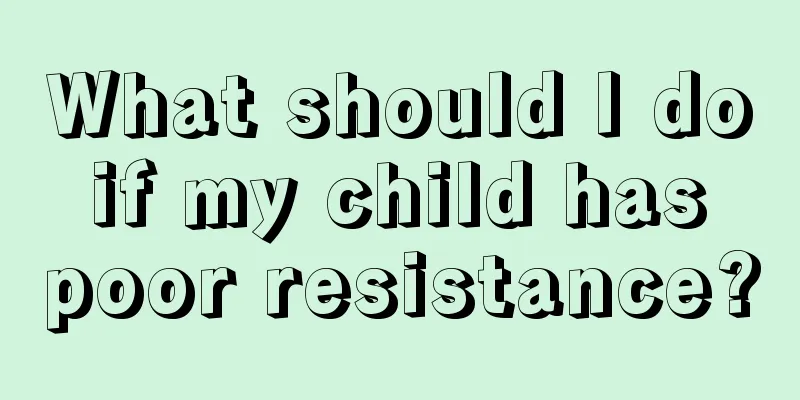What to do if a two-year-old baby sweats while sleeping at night

|
Babies are relatively weak, and it is normal for many problems to occur in adults, but if they happen to a baby of one or two years old, we cannot be too careless about it. Many people find that their two-year-old babies sweat when sleeping at night, but they don’t know what to do. I will tell you about this below. Sweating is an adaptive phenomenon in life. The secretory nerves of the sweat glands are sympathetic nerves, which are choleretic nerve fibers. The sweating center varies from animal to animal; some are in the spinal cord, some are in the hypothalamus (thermal sweating), etc. Sweating is a physiological function of the human body to excrete and regulate body temperature, but if the sweating pattern, amount, color and smell of sweat change, it can be a precursor to certain diseases and should be taken seriously. It is common for children to sweat during sleep, and it is not always a symptom of physical weakness or illness. In fact, a considerable number of children suffer from physiological hyperhidrosis. Physiological hyperhidrosis is more common in the head and neck, often occurring within half an hour after falling asleep, and sweating stops in about an hour. Infants and young children have an active metabolism and are active and lively. Some of them cannot rest even after going to bed at night, so they may sweat on their heads after falling asleep. The so-called physiological hyperhidrosis refers to sweating during sleep when the child is well-developed, healthy, and has no disease. Parents are often accustomed to deciding the best environmental temperature for their children based on their own subjective feelings, and like to cover their babies with more blankets and keep them tightly covered. Because children's brain and nervous system are not yet fully developed and they are in the growth and development period, their body metabolism is very active. Coupled with the stimulation of overheating, they can only regulate normal body temperature by sweating to evaporate the heat in the body. In addition, drinking milk, malted milk or eating chocolate before going to bed can also cause sweating in children. In addition, too high room temperature or excessive warmth can also cause children to sweat while sleeping, which are all physiological sweating. If the doctor's examination shows that the child does not have rickets or tuberculosis, then it can be determined that the child is sweating physiologically. So parents don't need to panic. Physiological sweating will gradually improve with age. Regarding the problem of two-year-old babies sweating while sleeping at night, I think everyone has a general understanding after reading the above article. The baby's body is very weak. Everyone should pay more attention to the baby's physical condition and not be careless about some small details. Only through our careful care can our baby grow up healthily. |
<<: When does a child lose his teeth?
>>: Why do two-year-olds have yellow teeth?
Recommend
Causes of cough in children
It is very common for children to cough. People w...
Treatment of baby stye
Friends who have children at home will definitely...
What to do if your baby always bites his lower lip
Looking at the baby's chubby smiling face and...
What to do if your child keeps coughing
Coughing is a common symptom in our lives. Many c...
What causes a hoarse throat in children?
Parents will find that some children have a whirr...
The child has a fever and convulsions and his lips turn purple
Symptoms such as fever and convulsions in childre...
Reasons for peeling of the heels of children
Generally speaking, the air is very dry in autumn...
Can newborns light mosquito coils?
We all know that there are a lot of mosquitoes in...
What should I do if my child has a hunchback?
Children are in the developmental period. Whether...
Hernia surgery scar in children
Hernia is a common disease. It is a manifestation...
Will children get angry when eating dry sweet potato chips? Mothers should pay attention
Children's diet is particularly important, bu...
What to do if nephrotic syndrome relapses in children
Nephrotic syndrome is common in teenagers. In fac...
What fruits should a one-year-old baby eat?
Fruits are rich in nutrients and vitamins. Eating...
What are the symptoms of autistic children?
If a child suffers from autism, the harm is very ...
What causes children's hair growth?
It is generally a normal physiological phenomenon...









